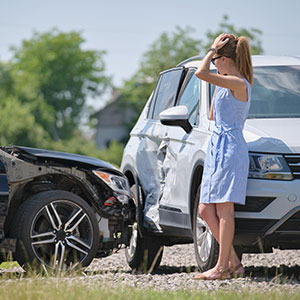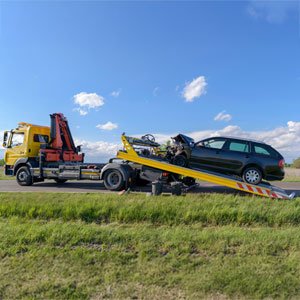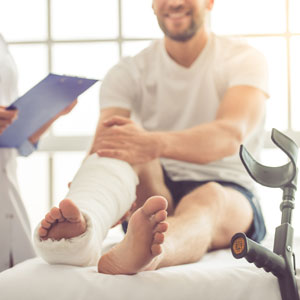Police Reports After A Car Accident In Polk County, FL: What You Need To Know
Car AccidentsIn this article, you will discover:
- The importance of requesting a police report or self-reporting after an accident in Florida.
- What to do if the police report is inaccurate or incomplete.
- The typical information found in a police report of an accident in Florida.
Why Is It Important To Request A Police Report After A Car Accident In Florida?
The police report in a car accident case is often the first thing the insurance company considers on a claim. If you did not call the police and have a crash report made at the scene of the accident, you must self-report the crash to the Department of Highway Safety and Motor Vehicles (DHSMV) within 10 days after the accident.
Both drivers may submit their reports, but the reports may contradict each other. This likelihood is why it is usually better to call the police and have them make a report. In any event, the police report establishes that a crash occurred, where and when it occurred and provides some details on how it occurred.
What Information Is Included In A Typical Police Report?
Typical police reports include:
- Where, when, and how a crash occurred
- A list of the drivers of the respective vehicles and any passengers
- A list of the drivers’ insurance companies and policy numbers required to get your claim started
What Should I Look For In A Police Report To Support My Claim?
The most important information to look for on your police report is the name of the insurance company and the policy number so that a claim can be established. You will also need to inform the insurance company of other details in order to get a claim opened.
What Can I Do If The Police Report Contains Inaccuracies Or Is Incomplete?
Florida law requires all drivers, passengers and pedestrians to be named on the police report for a crash. If someone has been inadvertently omitted from the report, you should call the police agency issuing the report and request that said person be added.
If the police report is inaccurate, your options may be limited. For inaccuracies such as time, date, or place of the accident, you can respectfully request that the police officer who wrote the report correct it. On the other hand, if the inaccuracy is in the description of the accident, you may have a difficult time getting a revision or you may be denied a revision.
In the event the description in your police report is wrong, you should be aware police reports are not considered evidence in Florida and are not admissible at trial. While the police report is often a good indicator of liability in a case, the actual evidence regarding liability is testimony, photographs, measurements, and other admissible evidence.
How Can My Attorney Help Me Interpret The Details In The Police Report?
Attorneys are often helpful in interpreting cases with comparative fault in a police report. Comparative fault is a situation where both parties to the accident have some degree of responsibility for the accident. An attorney can often form some opinions about the chances of success in your case from what the report says about what happened.
Vehicle One (V1), as listed in the police report, usually bears responsibility for the accident. However, that is just a label, and V1 is not always responsible for the accident.
I have also represented people who were not listed on the police report. The insurance company refused to settle with that unlisted person until an amended police report was filed with our help.
Still Have Questions? Ready To Get Started?
For more information on police reports following a car accident in Florida, a free initial consultation is your next best step. Get the information and legal answers you are seeking by calling (863) 243-6166 today.



